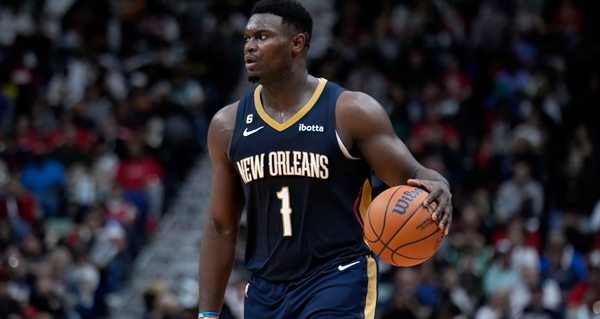In 1935, Albert Einstein and Erwin Schrodinger had a conversation. Both were unnerved by the Copenhagen School of thought regarding quantum physics and what it implied about the universe: the idea that all things are unstable and that all knowledge, all claims about the world are inherently provisional. It was this claim that led Einstein to state that God does not play dice with the universe and for Schrodinger to come up with an idea to show how foolish such notions of inherent uncertainty were – a cat simultaneously alive and dead.
The subsequent irony was twofold.
First, the Copenhagen thinkers did not find the idea absurd at all, but a fitting evocation of their viewpoints: nonsensical on the surface, but true nevertheless. Second, despite developing the eponymous equation which would win him a Nobel Prize, Schrodinger is best known today for advocating an idea he was hoping to disprove. And yet the question he found so absurd remains. Is the cat alive or is it dead? We cannot know until we open the box.
No one else plays basketball like Zion Williamson. He is a dominant bruiser who combines grace and force in a way that no one else in the league can. He flies down the court and explodes upward with the force of a projectile, creating space where none existed before as defenders fall behind or fly back, unable to keep up with his speed or his power, let alone both. At his best, he is among the most unguardable players in the history of the sport.
When Zion came out of college, he was considered a generational prospect, the type of player who can revolutionize a franchise, who singlehandedly assures that the team will be in the forefront of the NBA conversation for a very long time. All the Pelicans would have to do is build a solid edifice around him, surrounding him with competent role players who complement his strengths. If they could do that, the assumption was that the Pelicans could be title contenders. Four years into Williamson’s hopefully young career, while it is not yet time to panic, there is cause for concern.
Through his first four seasons, Zion Williamson has played a combined 114 games, missed the entirety of the 2021-22 season, and only played more than 30 games once. It remains to be seen how much of this is a fluke – a spell of bad luck that will be forgotten after a number of All-Star selections and deep playoff runs – or a sign that his body is unable to withstand the particular rigors of an NBA career. The Pelicans have already committed to Zion as the franchise’s future cornerstone, giving him a contract extension that will keep him with the team for the next five seasons. Betting on an injury-prone player such as Zion is a high-risk strategy, one that can lead to a title or set back a franchise for years. For the 2019 Raptors, trading for an injured Kawhi Leonard brought them their first title in franchise history while the Warriors committing to a young guard who’d missed lots of time to ankle issues inaugurated a dynasty. Meanwhile, the Sixers taking a chance on an injured Andrew Bynum was the fatal move that led to the Process.
Fortunately for New Orleans, they are good enough around the edges to avoid bottoming out if Zion misses extended time. Without him in the lineup last year, they were 25-28 – not great, but not a pushover either. There is something to be said for simply having a lot of solid players on your roster and New Orleans certainly has those. C.J. McCollum remains one of the most consistent isolation scorers in the NBA and is on track to retire as one of the best players to never make an All-Star team; Brandon Ingram has got his Diet Durant impression down to a science; Trey Murphy III has established himself as one of the league’s best marksmen and has one of the most fitting names in NBA history; Herbert Jones and Jose Alvarado each make life very unpleasant for opposing offenses; recent lottery picks Dyson Daniels and Jordan Hawkins are intriguing wild cards. They were a fun team last year and project to be so again this year. Of course with Zion, the Pelicans were 17-12, a record that if extrapolated over an 82 game season, would have been 3rd in the West last conference. The difference between being competitive and being a threat is his presence.
How does one project the Pelicans season with any sense of certainty? They are either a team with one of the brightest futures in the league or a team bound to be mired in mediocrity, taunted by unfulfilled hope and the too-frequent absence of its best player and cornerstone. Both the Pelicans and Zion have the potential to be special in the years to come; the championship dreams that danced in the heads of Pelicans fans the night they won the 2019 Draft Lottery may still come true someday, with Zion leading a parade through the French Quarter. Yet there also be more seasons like the last one, years when Zion spends the bulk of the time on the bench and the franchise kicks the proverbial can and hopes for better health next year. Are the Pelicans one of the best teams in the West or a feisty team that will contend for no more than a play-in spot? There is no box we can open to get the answer to that question.



